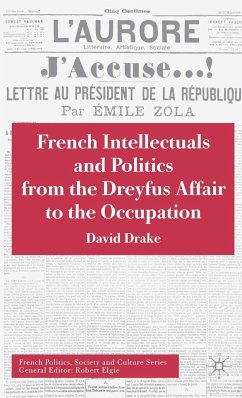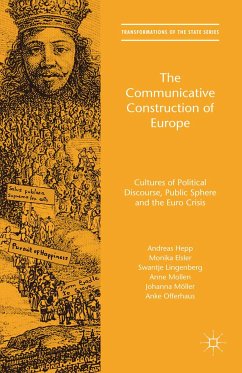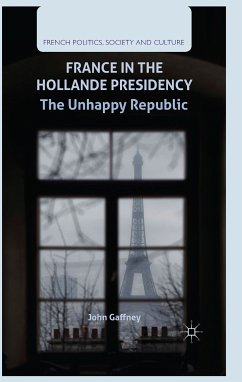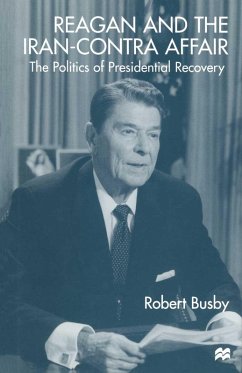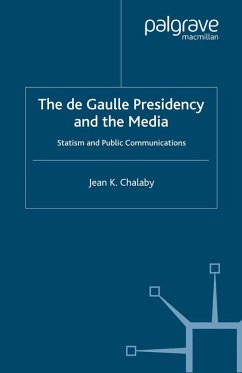
The de Gaulle Presidency and the Media (eBook, PDF)
Statism and Public Communications
Versandkostenfrei!
Sofort per Download lieferbar
72,95 €
inkl. MwSt.
Weitere Ausgaben:

PAYBACK Punkte
36 °P sammeln!
Is it true that de Gaulle kept journalists at a distance because he disliked the press? Or was the press really against him, as always claimed? How did he exploit his own charisma on radio and television? This book explores the relationship between de Gaulle and the media during his presidency. The author examines de Gaulle's communications strategy and broadcasting policy, comparing his approach to public communications with that of past French leaders and contemporary American presidents.
Dieser Download kann aus rechtlichen Gründen nur mit Rechnungsadresse in A, B, BG, CY, CZ, D, DK, EW, E, FIN, F, GR, HR, H, IRL, I, LT, L, LR, M, NL, PL, P, R, S, SLO, SK ausgeliefert werden.






